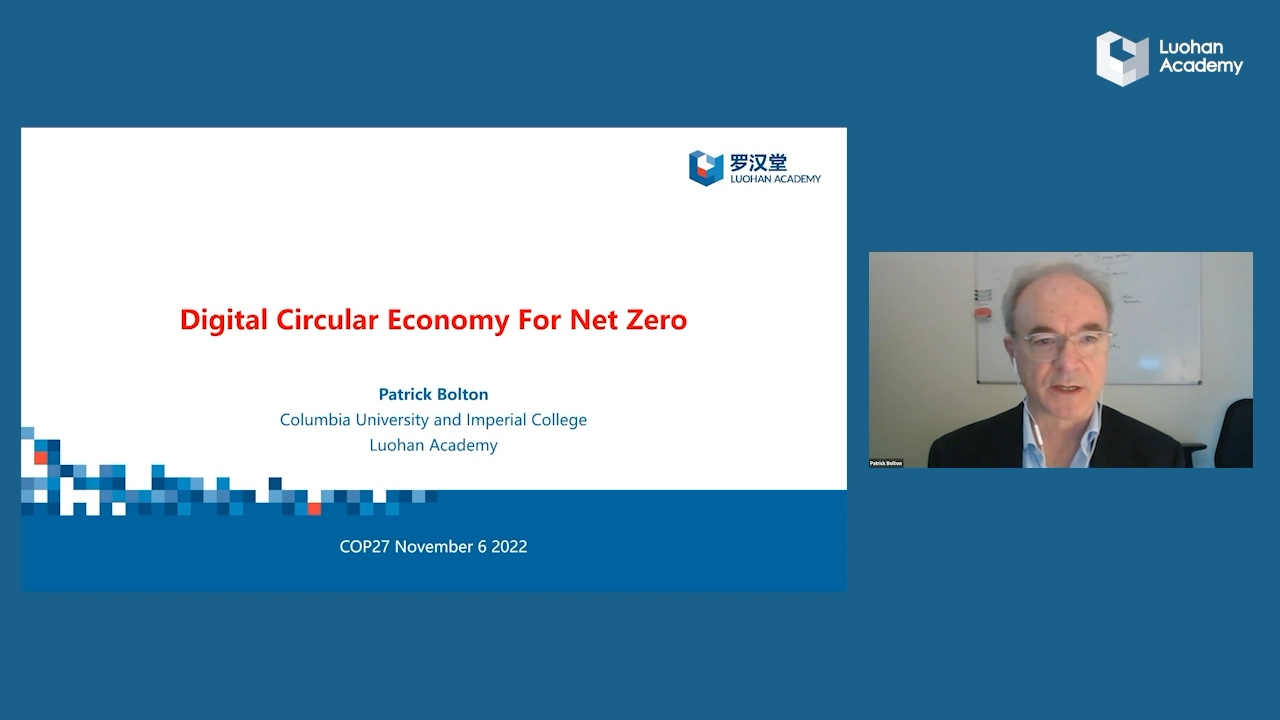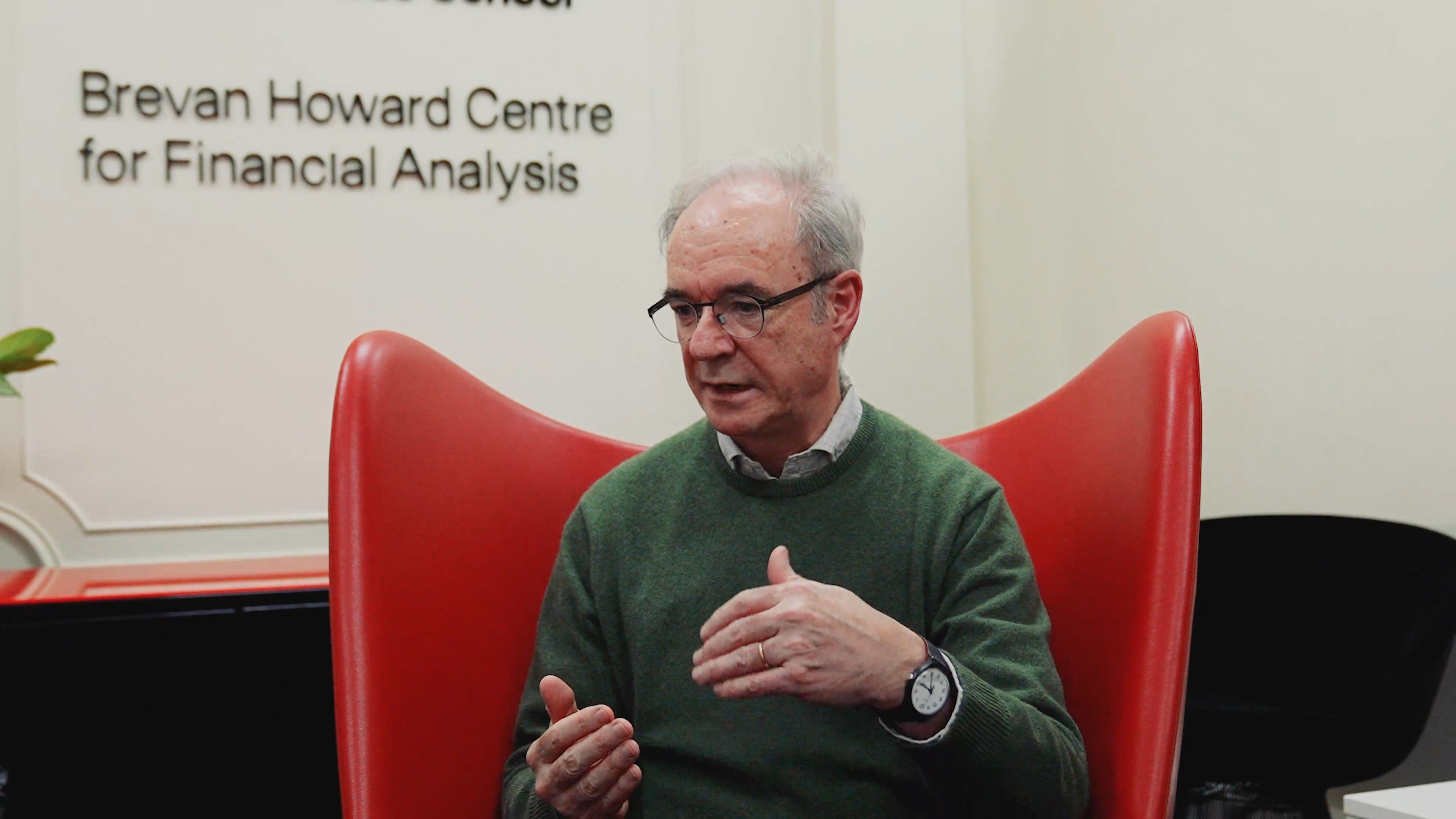Digital finance will open up unprecedented opportunities and inclusivity. China's success in the adoption of digital payments shows early signs of the tremendous potential. Top e-commerce platforms each boast hundreds of millions of active consumers. They in turn support tens of millions of merchants, the vast majority small and medium enterprises (SMEs). Then novel digital payments systems were key to dismantling barriers. As a result, the median transaction distance has steadily grown to around 1000 km, expanding opportunities for merchants and choices for consumers.
Digital payment's next act may enable even greater empowerment through better use of data. First, data will support merchants in 'knowing your customer' (KYC), allowing them to more effectively service clients and run their operations. Second, data will unlock value-added services for both merchants and consumers.
Importantly, data can allow these services to be more inclusive. For instance, financing in many parts of the world still relies on traditional credit measures and even physical collateral. Data can greatly level the playing field for smaller and newer businesses. As Luohan Academy advisor and Nobel Prize winner Bengt Holmström said "Information is the new collateral". ANT Group has taken that mantra and already served 20 million merchants with financing using its "3-1-0" model – 3 minutes to apply, 1 minute to approve, with 0 human intervention. Data allowed this to happen in the absence of mature credit ratings. Nearly all those served have been SMEs, with half led by female entrepreneurs. In this case, we see that the "information collateral" has given inclusive access to services previously reserved for large established businesses.
With the obvious benefits, market participants will need to tackle two major issues in making data more useful and inclusive. The first challenge will be digitizing the information itself – collecting and translating it into useful data. The second issue will be to allow for trust, so information can be used beyond one party. Blockchain may be part of the solution to greater trust and transparency. Permissioned blockchains creates communities of trusted actors, with no need to verify every time. Alternatively, permissionless blockchains can be open to everyone but could be more difficult to reach consensus and trust. Whatever the ultimate solution, digital finance would benefit greatly from increased trust and interoperability, ideally at a global level.
Addressing the myriad challenges will be critical as digital finance can help tackle key social issues. An innovative example in sustainability promotion has been Alipay's ANT Forest Green Program. Launched in 2016, the program allows users to earn 'green energy leafs' through sustainable activities such as public transit or paperless billing. These leaves can be displayed, shared socially and collected with friends. The virtual trees grown in the app translates into very real and very green trees that ANT plants across China. To date over 550 million people have participated, resulting in 220 million trees planted and 12 million tons of reduced carbon emissions. Winning the UNEP's highest "Champions of the Earth" award in 2019, ANT Forest shows the power of digital finance to be a force for positive social change.
In getting us to the current point, the public sector has been incredibly helpful in supporting digital infrastructure and creating effective regulatory environments. China's success resulted from policymakers being actively involved in ways that protected the orderly functioning of the market while allowing market participants space for new business models. Alipay was launched in 2004. But even before a full set of rules, regulators were proactive with early 'market guidance'. This evolved into a formal regulatory framework only 6 years later. The end results have been tremendous, allowing China to transform into a leader in digital payments with over one billion mobile payment users.
We have recently seen a surge of interest in this topic with the PBoC's groundbreaking digital yuan pilot. Digitization offers many potential benefits such as more efficacious monetary and fiscal policies. Not surprisingly, other countries are researching the digitization of their currencies. We see this development not as a zero-sum between public and private approaches. We rather see this development as affirmation of the immense value of a wider digital payment infrastructure. With the right approach, digital payments can help increase inclusion to the benefit of entrepreneurs, consumers and society. Broad success will continue to require close collaboration between the public and private sectors to solve the challenges of data, trust and interoperability.
(Editor’s note: The article is sorted out according to Professor Long Chen's speech at Global Technology Governance Summit 2021 convened by The World Economic Forum on 6-7 April 2021 )









